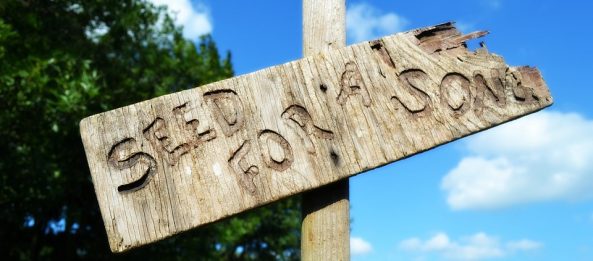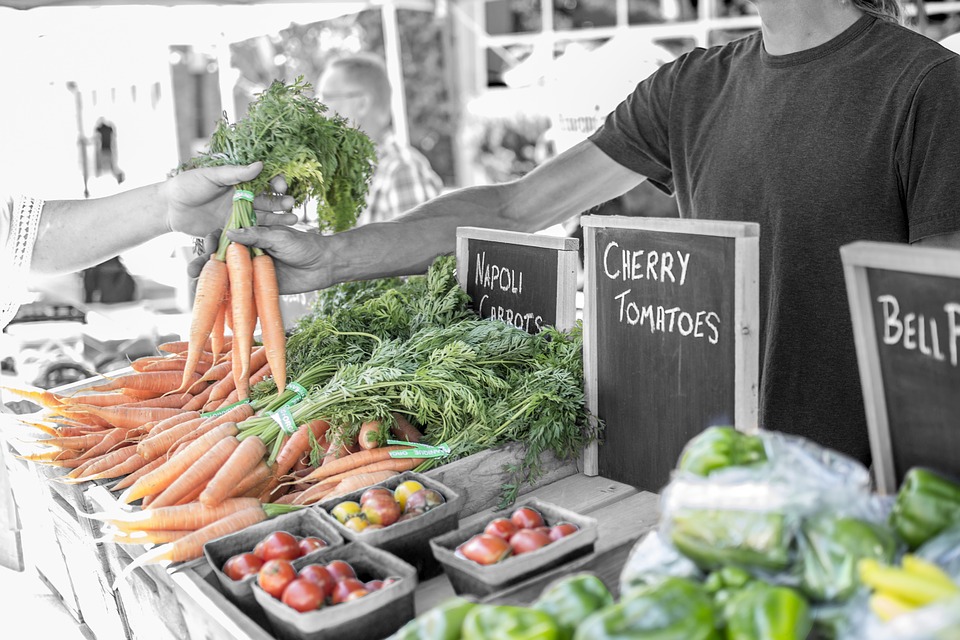The grave situation we find ourselves in with regards to the coronavirus could actually also be an opportunity for positive change in a couple of ways. Here, I would like to address the first of these. It is quite obvious that the current, long-prevailing, market-based, economy-driven form of supply is not going to be able to meet the needs of the majority of people. We cannot continue to base the distribution of goods and services on the monetary wealth of those concerned. There will be very few winners and millions of losers.
An awful lot of people are going to lose their jobs. The first to be hit will be the hospitality and tourism industries, but this is a house of cards and each industry depends on supplying the needs of another. The money is going to continue the trend of recent years and move towards the bank accounts of a smaller and smaller group of people. But it doesn’t have to be this way.
 What people have started to forget is that money is only useful if it’s used to buy things, whether goods or services – it’s not meant to be an end in itself, a goal to chase after, a way of keeping score, so that some people have so much that it would take them several lifetimes to spend. It’s not an entity, like a person or an animal – it doesn’t “need to be free.” It doesn’t actually exist in that sense. It’s a social construct.
What people have started to forget is that money is only useful if it’s used to buy things, whether goods or services – it’s not meant to be an end in itself, a goal to chase after, a way of keeping score, so that some people have so much that it would take them several lifetimes to spend. It’s not an entity, like a person or an animal – it doesn’t “need to be free.” It doesn’t actually exist in that sense. It’s a social construct.
How about if we start thinking about what we actually need, rather than how much money we need to buy it? If the global financial markets and stock exchanges crash, does that mean there are any less actual tangible resources in the world? We still have the same amount of land, food, houses, people, technology and expertise as we had the day before. So, what do we need?
At the very basic level we need food, shelter and healthcare. At the next level we have the things that bring living to life, such as education, entertainment, and communication. Then there is transport and travel. Finally, there are technologies to support all these things.
Is there any reason why all these things should be entirely dependent on a free-market economy? Starting from the expertise level, there are many, many examples of people who share this without payment. People teaching/tutoring/coaching in subjects they are experts in, whether within their own circle of friends and family, or within the wider community through charities such as adult literacy. People writing software that was shared for free (the early days of the internet were heavily dominated by this kind of people, as opposed to the advertising model that prevails now). People devoting their spare time to uploading books to Project Gutenberg, so that copyright-free works can be available free of charge world-wide. Entertainment is an obvious one: there are very few people who get into acting, music, writing fiction, etc, in order to get rich. The same can be said for the majority of people in the healthcare, education and other caring professions. Scientists are not in it for the money. Food: community gardens growing crops together, people volunteering their time in foodbanks and soup kitchens. Shelter: housing co-ops who build homes together in much the same way as communities such as the Amish have always done.
Money was supposed to be a tool, a medium of exchange, something to work in our service. Instead, we have ended up serving it. It is a game with an ever-decreasing amount of billionaire winners, and an ever-increasing number of destitute losers. It doesn’t make any sense. A situation like the current pandemic gives us a unique opportunity to re-evaluate and change this. Forget about accumulating wealth. Let money be our servant rather than the other way around.. Let’s use it for sharing resources. Let’s use it to build community. Let’s use it to make sure that everyone’s basic needs are met as an absolute minimum, and then let’s look at what else each of us can give – to each other.
Mary Tynan

